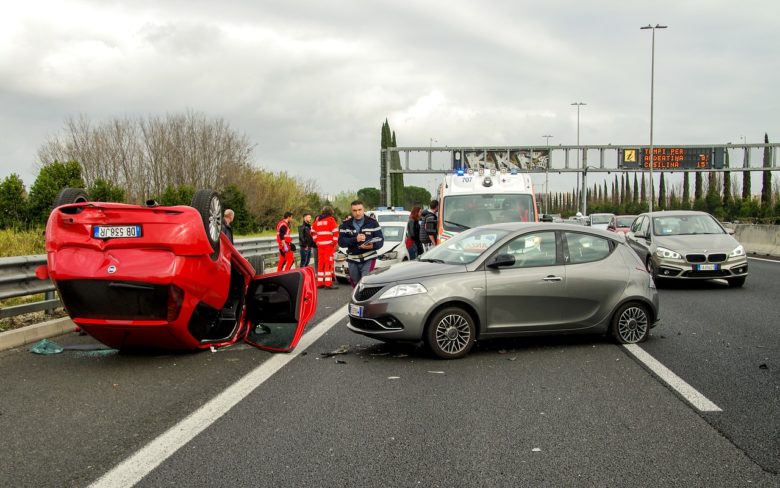In the not too distant past, ridesharing wasn’t a common thing. In fact, the first time I experienced it was one evening while abroad with my partner, when our taxi driver pulled over along a stretch of road to pick up a man in dark clothing. With no word of warning or explanation, the man got into the front of the taxi, travelled some way up the road with us, and jumped out at some traffic lights while depositing a handful of coins on the dashboard. The man and the taxi driver only spoke to each other in their native language, which wasn’t English, and I have to admit that for a moment there, I was very on edge about what was happening. But times change. Standard practices move on. Ridesharing has become a thing that we all just live with, as if taxis have become miniature bus services that deal only in door to door pickups and drops (instead of all that pulling over at vague middle of nowhere bus stops a solid 15 minutes from your actual destination). When you put it like that, ridesharing sort of seems like a logical next step in public transport. But things can – and do – go wrong.
Injuries while ridesharing
Do you know how many regulations and tests and industry standards a rideshare driver must meet or accomplish before taking paying customers? No? Me neither. Nobody does. Essential credentials are company-specific, with some drivers having no training or experience at all. This not only heightens the risk of injury, but also means that due to the ‘non-employee’ status of most drivers, bringing a personal injury claim can be tricky – were you injured while ridesharing with another person? Click the link for more information.
If you wouldn’t hitchhike, don’t rideshare
A raft of horror movies begin with a hitchhiker beside the road and a car coming to a halt. Immediately, the audience knows that something not entirely “happily-ever-after” is about to go down. If you would be worried about your personal safety as a hitchhiker, ridesharing may not be for you. Often, drivers are not required to pass any checks before being allowed to pick up customers, and some don’t have anything in their car to suggest they are even an employee of a rideshare company. This opens the door to imposters and malicious-minded people who spot an easy opportunity to carry out criminal acts.






